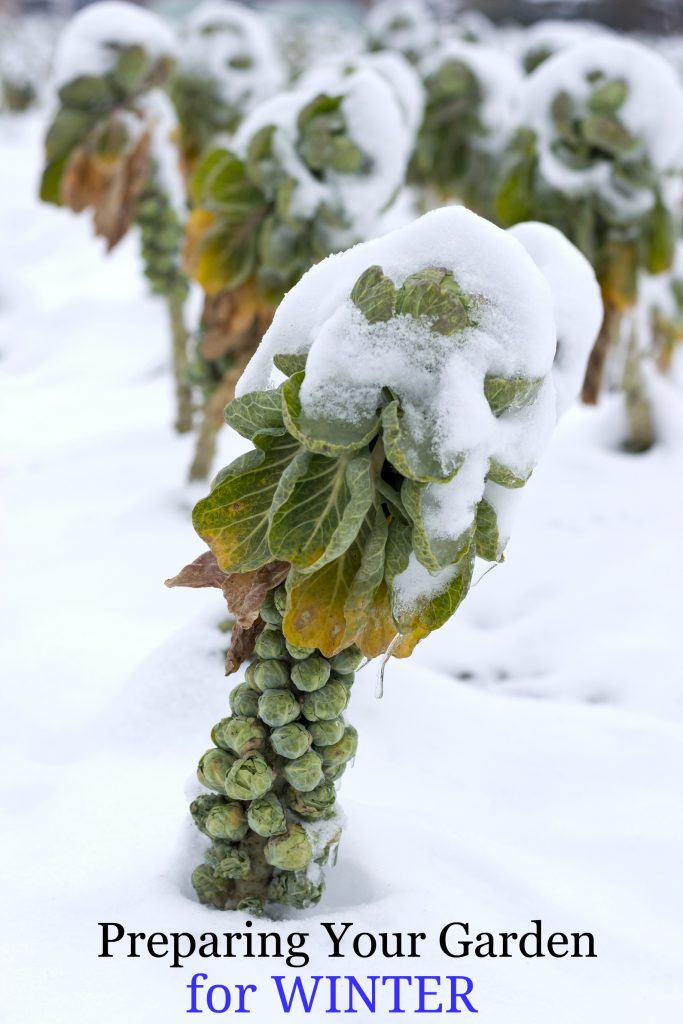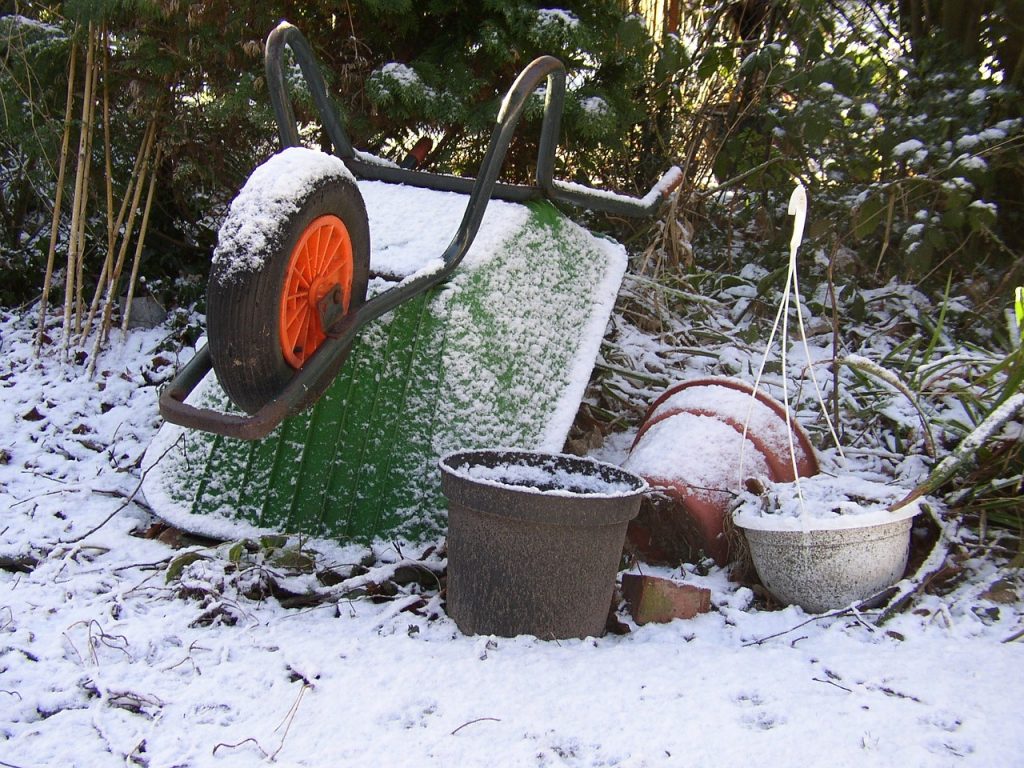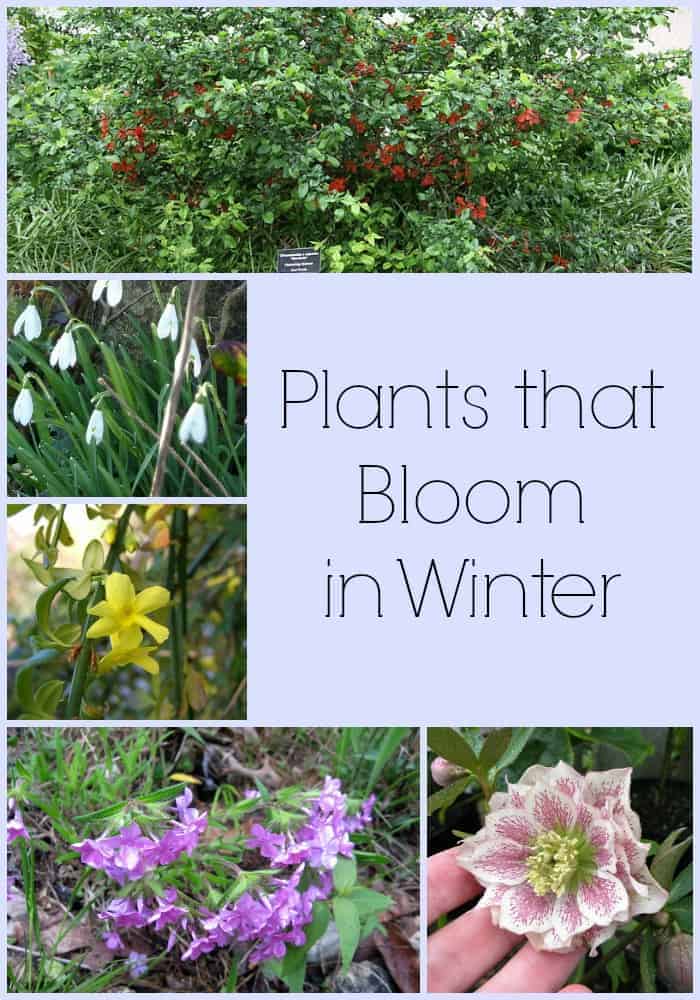Wondering how to prepare your garden for winter? If your garden has been under as much stress this summer as mine has been, it’s ready for a long nap! Bugs, heat, drought and an assortment of other things have really stressed out my garden this year. By pampering my garden beds this winter, I am hoping that next spring I will have soil that is raring to go and ready to provide me with a few delicious ingredients for my kitchen. You can still do a bit of November gardening but it is getting time to hunker down for a long cold snap!
Posts feature partner companies & may be sponsored. Post contains affiliate links & I will be compensated if you make a purchase after clicking on links. As an Amazon Associate I earn from qualifying purchases.

Table of Contents
How to Prepare Your Garden for Winter
While gardening in fall can be rewarding, eventually winter will set in and you need to be ready. If you are done with your last growing season (we still have another few weeks to go here in the south!) here are a few tips for preparing your garden for a long, winter nap!
Get rid of dead plant material:
Bugs often lay eggs on plant material in your garden. If you leave these old vines and plants sitting around all winter, the eggs may hatch in the early days of spring and you will be left with a fresh batch of pests to deal with.
Apply some compost:
One of the best tips I can provide on how to prepare your garden for winter is to feed it! Your garden soil has used up all it’s nutrients growing plants this summer. It is spent and needs a refuel. The garden really isn’t stagnant unless the soil is completely frozen. Work some compost or worm castings in now and give it time to start breaking down a bit during the cool but not frozen temps of fall. In early spring, before you plant, the process will continue and you will have nutrient rich soil to plant your next crop in.
Pull up weeds:
While you may think those weeds are actually dead, they will create a nightmare for you in the spring. Pull them up now, before the soil gets to hard to deal with. Do it after a nice rain when roots are soft and easy to pull out of the soil. Invest in a weed pulling tool to make it easier on your back.

Clean your garden tools:
Any garden tools that you have been using should be cleaned before being stored inside for the winter. Use some hot soapy water and let them dry thoroughly before you put them away. If you know you have had some diseased plants in your garden, you may add a drop of two of bleach to the water to kill any leftover disease on your garden tools. Otherwise, you may spread it to your new plants next spring.
Allow root crops to keep growing:
Many root crops are cold tolerant and will continue to grow for quite a while once the weather gets cold. Mulch them with a thick layer of straw or hay. Some root crops may even store better if you leave them in the ground rather than pulling them up and trying to keep them fresh indoors. November is actually a good time to start planting garlic for summer harvest.
Consider a cover crop:
In order to help prevent erosion, consider planting a cover crop. You want one that can be turned into the soil in the spring that will provide plenty of nutrients for your soil. A good source of cover crop seeds is Johnny’s Seeds.
Preparing your garden for winter can help you have a higher yield and a smaller chore list come spring. And now that the heat of summer is past, you won’t have to worry about it being so horribly hot outside while you putter in your garden! Check out my tips for fall gardening and next year, you can extend your growing season much longer!
Have any other tips to share for preparing your garden for winter?
Like this post? Pin it for later!

If you liked this post on how to prepare your garden for winter, you might enjoy this one, too!
Plants that Bloom in Winter


Diane is a professional blogger and nationally certified pharmacy technician at Good Pill Pharmacy. She earned her BS in Microbiology at the University of New Hampshire and has worked in cancer research, academics, and biotechnology. Concern over the growing incidence of human disease and the birth of her children led her to begin living a more natural life. She quickly realized that the information she was learning along the way could be beneficial to many others and started blogging and freelance writing to share this knowledge with others. Learn more about her HERE.








I’ve never thought about doing any of these things for my garden. Usually, I just leave it alone until the spring. I think I’ll try these tips and see if my garden looks any better next spring. It definitely can’t hurt. Thank you!